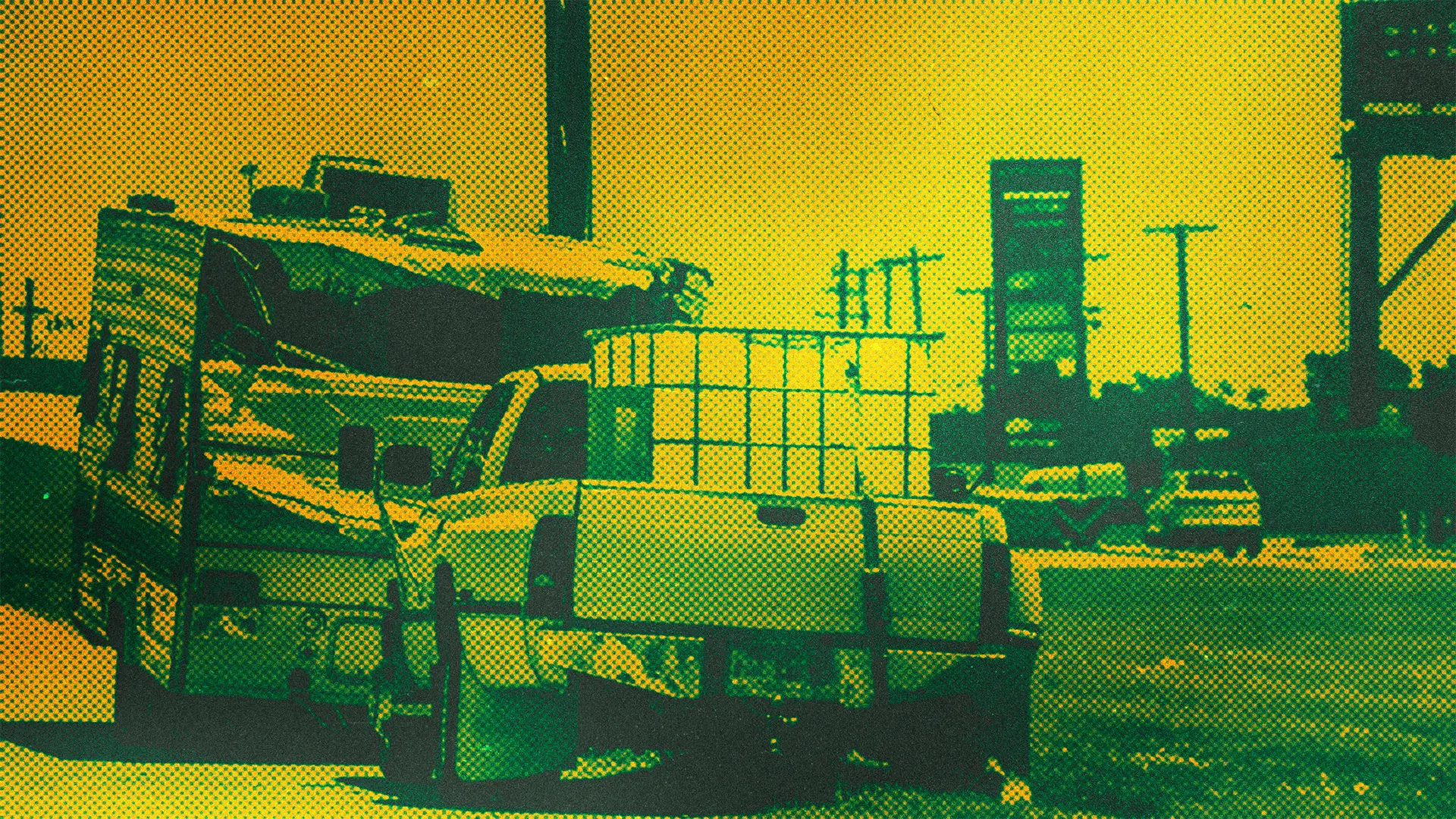If you’ve been involved in a no fault accident, who pays? This is a question that’s often asked by recreational vehicle, boat, and power sport vehicle owners. Luckily, Happy Camper is here to save the day with the answer!
So if you’re wondering, who pays deductibles if not at fault, or does a no fault accident go on your record? This is the guide for you. Keep reading to learn all about car accident laws for recreational vehicles and how to protect yourself with proper insurance coverage.
How to Navigate a Not-at-Fault Accident with RVs, Boats, and Powersport Vehicles
Accidents involving recreational vehicles, boats, or powersport vehicles can be complex, especially when you’re not at fault. Fortunately, with proper documentation and understanding of your insurance, you can recover damages and protect your finances. Here’s how to handle the aftermath of a not-at-fault accident involving your recreational vehicle.
Immediate Steps to Protect Yourself
- Document the Scene: Collect information from all involved parties, including names, contact details, driver’s license numbers, and insurance information. Take photos of the damage, road conditions, weather, and any contributing factors. If possible, gather witness statements and video footage.
- Contact Authorities: Report the accident to the police, especially if there are injuries or significant damage. Obtain a copy of the police report, which can be crucial for insurance claims.
- Seek Medical Attention: Even if injuries seem minor, visit a doctor within three days to document any potential issues. This medical record can support your claim if symptoms appear later.
Filing Your Insurance Claim
- Within 24 Hours: Notify your insurance company about the accident and provide all documentation. Filing with your insurer, even if you’re not at fault, can expedite repairs and medical coverage.
- Within a Week: Expect follow-up from insurance adjusters and cooperate with their investigation.
- Within a Month: Insurance companies will update you on the claim’s status, potential settlements, or arbitration outcomes.
Understanding Fault and Coverage
Fault determination depends on your state’s negligence laws:
- Pure Comparative Negligence: You can recover damages proportionate to the other party’s fault.
- Modified Comparative Negligence: If you’re more than 50% at fault, you may not be eligible for compensation.
- Contributory Negligence: Even minimal fault may bar you from recovering damages.
Your coverage will play a role:
- Liability Coverage: The at-fault party’s liability insurance should cover your damages.
- Collision Coverage: You can file a claim with your own insurance if needed but may have to pay a deductible.
- Uninsured/Underinsured Motorist (UM/UIM) Coverage: This applies if the at-fault party lacks sufficient coverage.
Long-Term Considerations
- Insurance Premiums: While not common, your premiums may increase after a not-at-fault accident, especially in no-fault states.
- Legal Options: If you face challenges with settlements, consult a lawyer for advice.
Car Accident Laws for RVs: The Bottom Line
Handling a not-at-fault accident with your RV, boat, or powersport vehicle requires patience and thorough documentation. By staying proactive and informed, you can protect your rights and financial well-being. For personalized support and comprehensive coverage options, get in touch with the Happy Camper Insurance team to ensure your recreational adventures remain worry-free.


